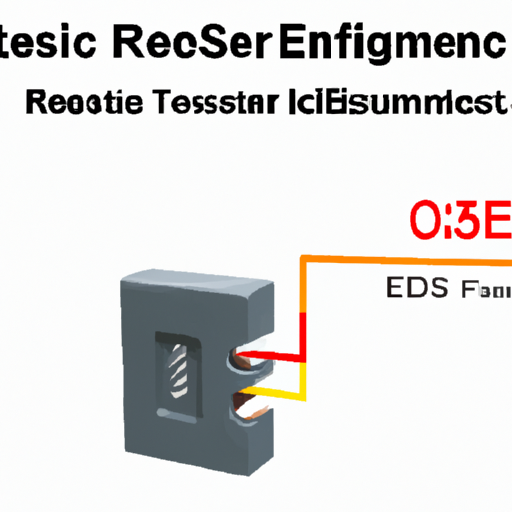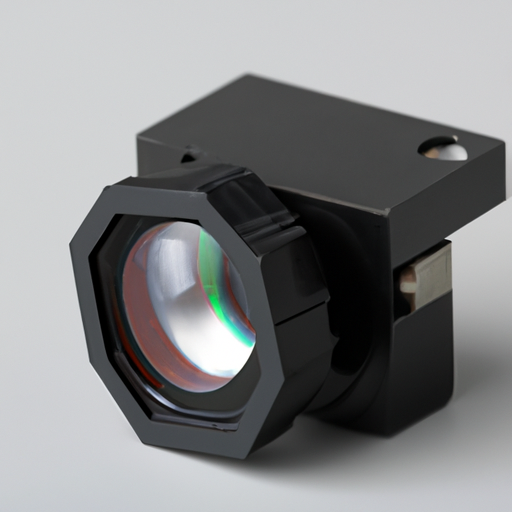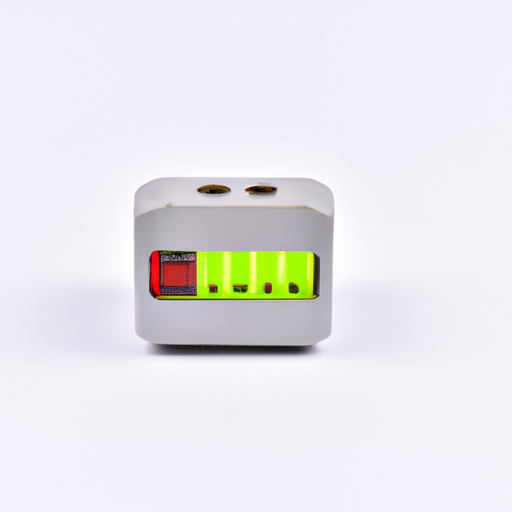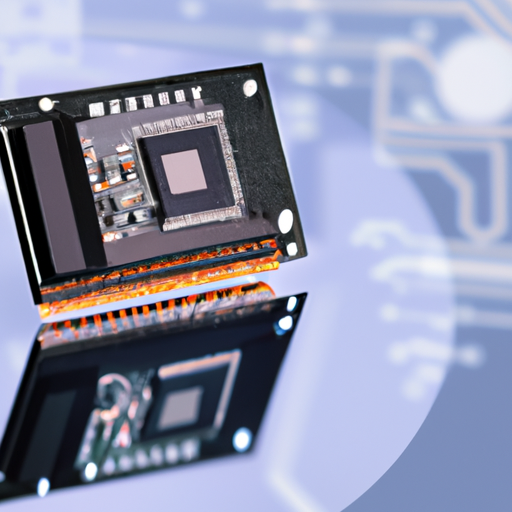ECS-F1EE336 RTD (Resistance Temperature Detector) highlighting the core functional technology articles and application development cases of RTD (Resistance Temperature Detector) that are effective.
ECS-F1EE336 RTD: Core Functional Technology and Application Development Cases
Resistance Temperature Detectors (RTDs) are essential temperature sensors known for their high accuracy, stability, and repeatability. The ECS-F1EE336 RTD is a specific model that showcases the core functional technology of RTDs. Below, we delve into the fundamental aspects of RTD technology and highlight various application development cases that demonstrate their effectiveness.
Core Functional Technology of RTDs
| 1. Operating Principle | |
| 2. Construction | |
| 3. Types of RTDs | |
| 4. Temperature Range | |
| 5. Accuracy and Stability | |
| 6. Calibration | |
| 1. Industrial Process Control | |
| 2. Medical Equipment | |
| 3. Aerospace and Defense | |
| 4. Energy Sector | |
| 5. Food and Beverage Industry | |
| 6. Research and Development |
Application Development Cases
Conclusion
The ECS-F1EE336 RTD exemplifies the core functional technology of RTDs, characterized by their accuracy, stability, and versatility across various applications. From industrial process control to medical devices, RTDs play a crucial role in ensuring safety, efficiency, and quality in numerous fields. As technology continues to evolve, the integration of RTDs with digital systems and IoT devices is expected to enhance their functionality and broaden their application scope, paving the way for innovative solutions in temperature measurement and control.






